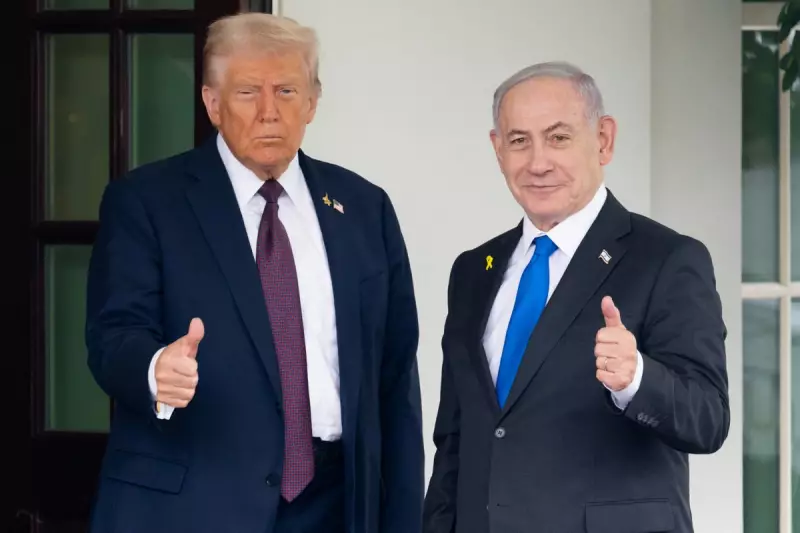
In a dramatic development that could reshape Middle Eastern politics, former US President Donald Trump has inserted himself into high-stakes negotiations between Israel and Hamas, according to exclusive sources close to the talks.
The Backchannel Breakthrough
Multiple insiders have confirmed that Trump administration veterans are operating through clandestine channels to broker what could become the most significant ceasefire agreement in recent years. The initiative comes as both sides appear increasingly weary of the protracted conflict that has devastated Gaza and strained Israeli resources.
"This represents the most serious attempt at peace we've seen in months," revealed one diplomatic source, who spoke on condition of anonymity due to the sensitivity of the discussions.
What's on the Table?
The proposed agreement includes several key components that address longstanding points of contention:
- Immediate humanitarian aid corridors into Gaza
- Phased prisoner exchanges
- International monitoring mechanisms
- Long-term reconstruction planning
Israeli Prime Minister Benjamin Netanyahu's government faces mounting pressure both domestically and internationally to secure the release of hostages while Hamas leadership confronts growing desperation among Gaza's civilian population.
The Trump Factor
Trump's unexpected return to Middle East diplomacy has raised eyebrows across the political spectrum. His involvement, while controversial, leverages relationships cultivated during his presidency, including the Abraham Accords that normalised relations between Israel and several Arab nations.
"Love him or hate him, Trump maintains unique channels to key players in this conflict," noted a former State Department official familiar with the negotiations.
Regional Implications
The timing coincides with broader regional shifts, including Saudi Arabia's cautious movement toward recognising Israel and Egypt's intensified mediation efforts. Analysts suggest that successful negotiations could accelerate normalisation across the Arab world, while failure might deepen existing divides.
As talks continue behind closed doors, the international community watches anxiously, aware that the outcome could either spark renewed violence or pave the way for lasting stability in one of the world's most volatile regions.






